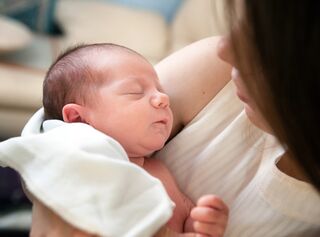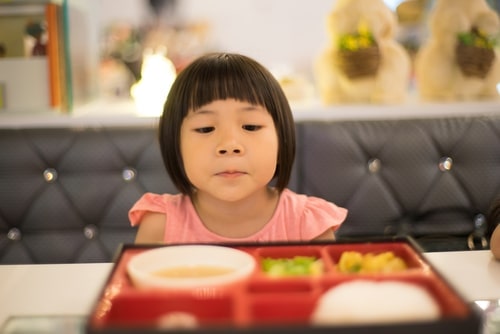More Babies After COVID? Some Answers


Supply: Iuliia Bondarenko/Pixabay
During the early months of the COVID-19 lockdown, I wrote “A lot more Toddlers or Far more Divorces Following COVID-19?” At the time, no one particular realized for positive.
With companions paying out so a great deal time together at house, some individuals puzzled if we could have a mini little one growth. But it didn’t particularly perform out that way. Rather, we now have the most affordable start fee in 50 yrs.
Child Hesitation
Above the past number of years, I have been interviewing singleton parents and grownup only children as section of The Only Kid Research Job. One particular of the queries I have requested is, “How do you consider the pandemic will have an impact on people acquiring infants?” Only kid’s and only-kid parents’ observations mirror what we know about birth fees now and heading ahead.
Francine, a verified mom of a person, explained that to have a child through the pandemic is “an act of wild and unfounded optimism. For the duration of COVID, two of my mates had been starting up IVF. A person went forward the other is in the depths of despair about bringing a baby into this environment ideal now.”
Ryan, a 44-12 months-aged only kid, believes climate alter will minimize spouse and children size. In his head, “It’s the most important affect. Sources are confined and young children acquire up a large amount of them. As people come to be much more sensitized to the rising environmental disasters, climate will be a deterrent to owning little ones.”
Beyond problems that have been exacerbated by COVID-19 similar to finances, work protection, and, for lots of, their age or wellbeing concerns, a different panic creating hesitation is, as Ryan mentioned, climate improve, with its mounting disasters. Take into account the substantial fires we have had in the West and the extraordinary selection and severity of hurricanes.
Researchers seemed at how the psychological turmoil and anxiety of staying pregnant during a purely natural catastrophe has an effect on a infant in utero. They followed youngsters whose mothers carried them during Hurricane Sandy in 2012 and identified that those small children “had significantly enhanced threats for despair, stress and consideration-deficit and disruptive behavior issues. The symptoms of these conditions offered when the young children ended up preschool-age.” The authors admit that extra investigation is desired in this location.
Additional Infants Following COVID?
The delivery-fee figures given that coming out of what we hope was the worst of COVID-19 show that additional folks selected not to have a boy or girl. Though we can not forecast accurately what is heading to take place with COVID-19 and its variants in the future, new experiences propose that the U.S. start rate will keep on to decline. At present, it hovers all-around 1.7 young children for each female, lessen than the replacement stage of 2.1. That could be because of, in element, to a modest marriage rate primary to much less families currently being fashioned. In the a long time 2020 and 2021, only about 30 out of each 1,000 unmarried adults tied the knot.
As in the United States, China’s marriage and beginning fees are at an all-time small. Atypically, China now lets relationship applications with the hope that they will really encourage additional marriages and toddlers.
With fewer marriages, stress about the economic climate, and anxieties about bringing little ones into a earth experiencing spectacular climate alter, we have an response to the question: “More infants soon after COVID?“ According to Facilities for Sickness Command and Prevention facts primarily based on beginning certificates, “During the pandemic, the U.S. start fee seasoned its premier single-calendar year decease in approximately 50 decades.” With gals ready longer to get started their families and families having lesser, it would feel we are not very likely to see a marked uptick in births whenever before long.
Copyright @2022 by Susan Newman







